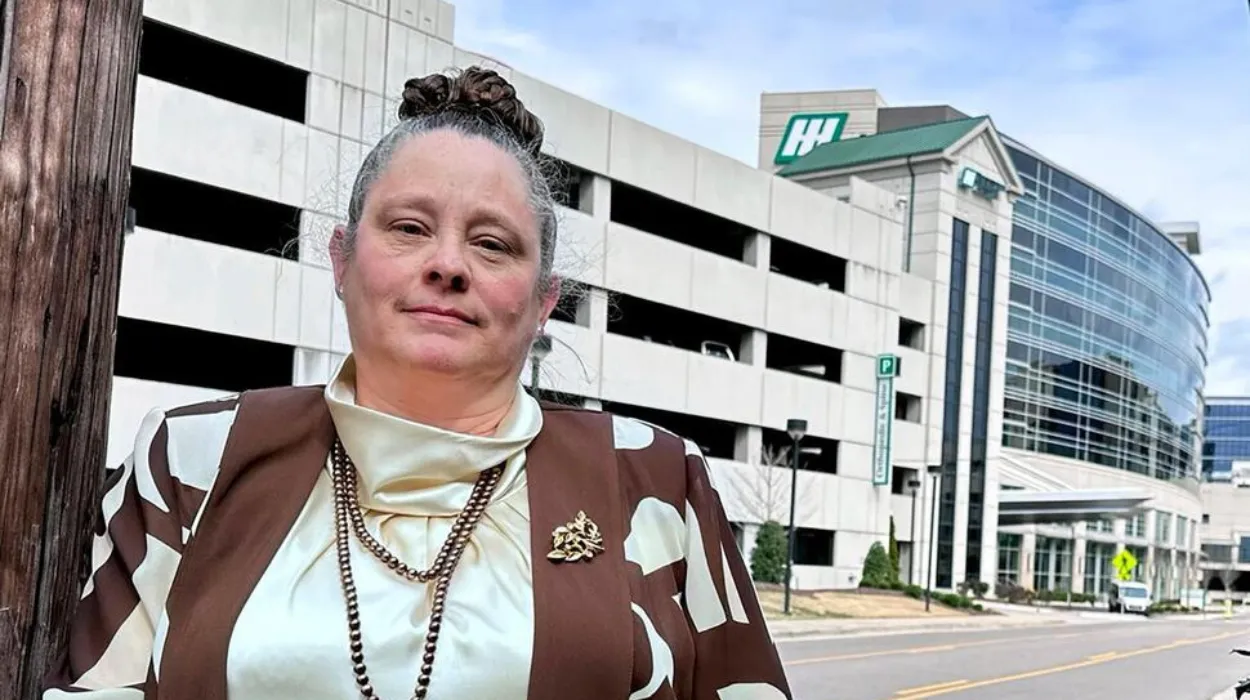USA (Transatlantic Today)— A nationwide review by The Associated Press and CNHI News reveals a fragmented and broken system for resolving open government disputes, often forcing citizens to take costly legal action to enforce transparency laws.
In most states, public access to records remains challenging. Fewer than a third have offices that can mandate compliance with open records laws, leaving citizens with little recourse but to sue. The lack of enforcement mechanisms often discourages public participation and transparency, with residents facing significant financial burdens.
Dana Holladay-Hollifield, an Alabama nurse, faced roadblocks when requesting information on executive salaries from Huntsville Hospital. Despite repeated attempts, the hospital’s refusal led her to consult a lawyer, who warned of costly litigation. Such challenges highlight the broader issue of public access to government-held records.
Experts like David Cuillier, director of the Joseph L. Brechner Freedom of Information Project, argue that a system where citizens must hire attorneys to enforce open records laws is a breakdown of democracy. While some states have better mechanisms in place, such as Pennsylvania’s Office of Open Records, they still come with significant hurdles and costs.
In Indiana, LaPorte County’s refusal to provide records prompted a lawsuit, costing taxpayers in both legal fees and resources. Similarly, many citizens face high fees when attempting to access public records, further deterring participation.
As more states fall short in providing enforceable public access laws, the need for reform grows more urgent. Ensuring transparency should not be an expensive or complicated process, and it is essential for citizens to have meaningful options for addressing violations of open records laws.


























